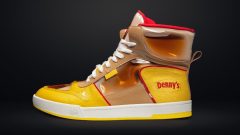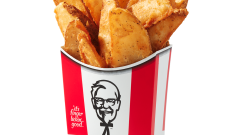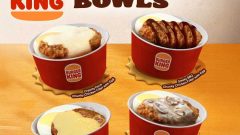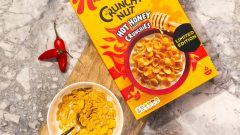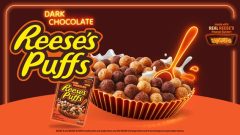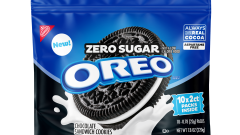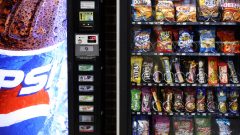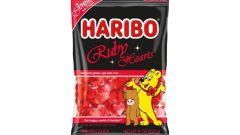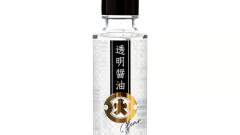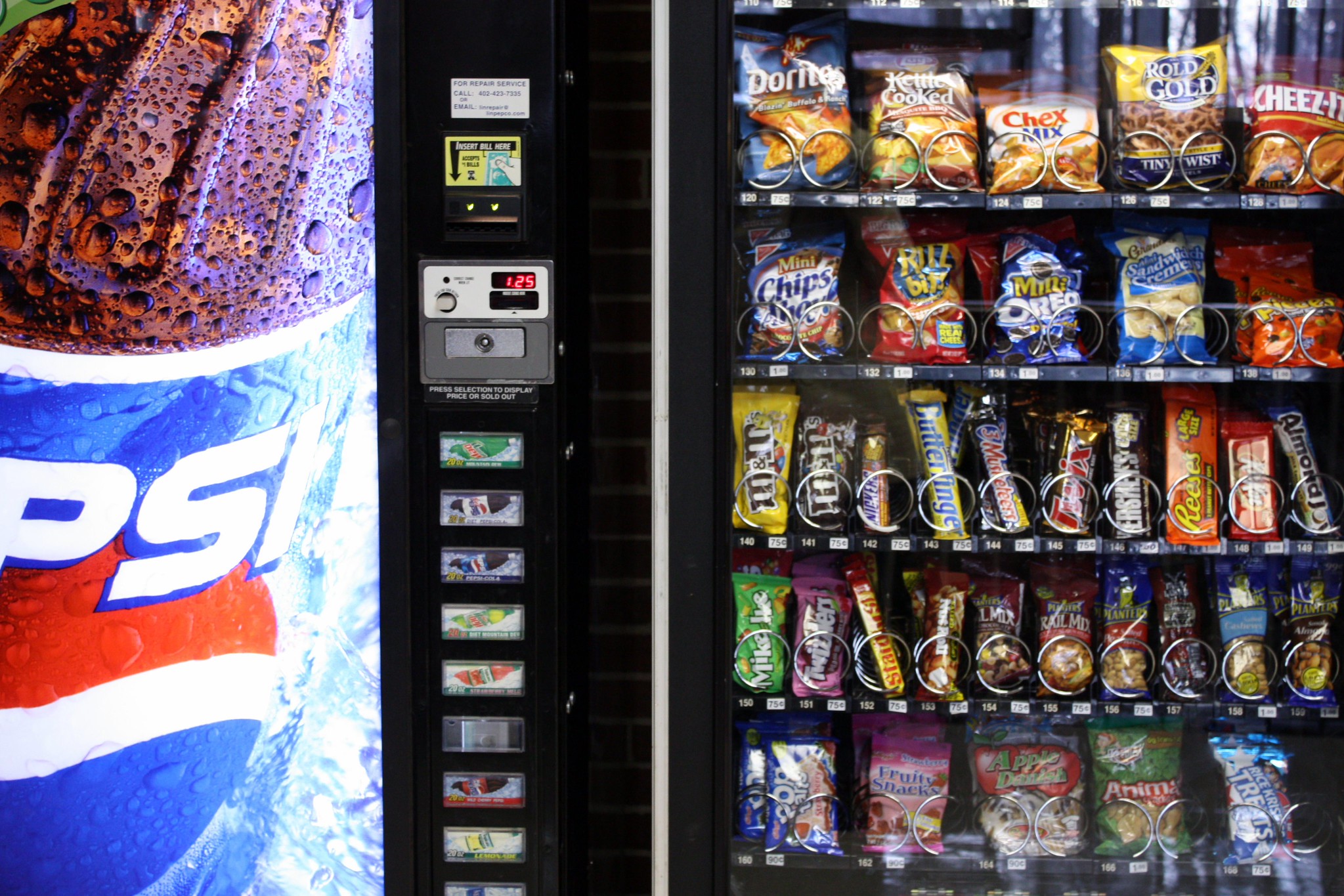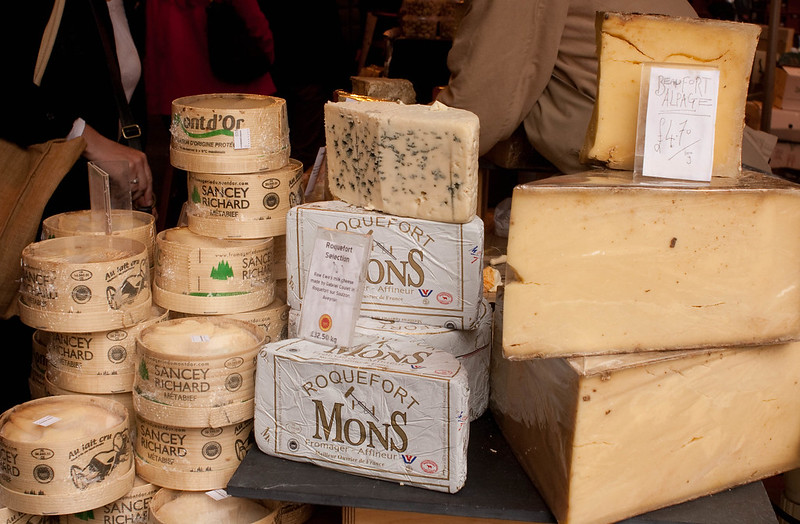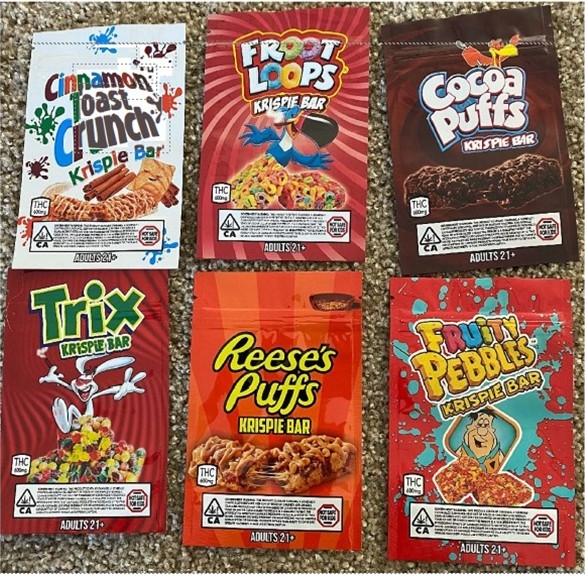Coca-Cola is Paying Nutritionists To Advertise Coke As A Healthy Snack
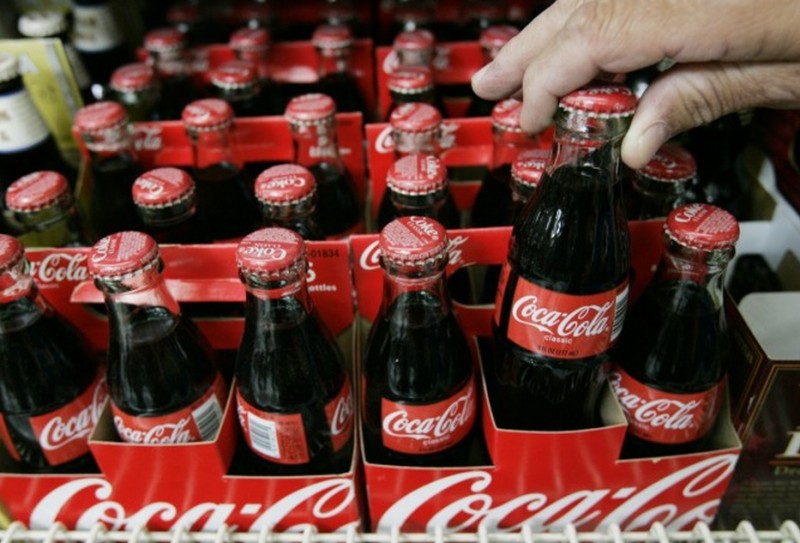
Coca-Cola is now selling itself as a healthy snack.
A public relations blitz launched last month for American Heart Month promoted the soda as nutritional when consumed in moderation. Coca-Cola, facing declining sales, paid fitness and nutrition experts to write up articles and op-ed pieces about this “new side” of Coke. These reports appeared on several media outlets, including national sources, with each pushing a sample-size of Coke or small soda as a snack idea. Some nutritionists even likened them to per-portioned desserts such as packs of almonds.
And Coke didn’t have to change a thing in the can. Rather, they changed the can itself, making it miniature. And poof, that’s where you get the “healthy snack” slant.
Of course, there isn’t much a junk food company wouldn’t do to cast their products in a good light. Pepsi-Co, Coca-Cola’s largest competitor, has also paid nutritionists to talk about the health benefits of its chips, Tostito and Frito-Lay.
Coca-Cola isn’t denying their collusion with nutrition experts to promote their products, according to the Associated Press. A spokesperson for the soda company, Ben Sheidler, says the practice is no different from product placement in movies and TV shows. He adds:
“We have a network of dietitians we work with. Every big brand works with bloggers or has paid talent.”
As RT.com reports, an article on Nutrition Planner referred to mini Cokes as “perfectly-portioned.” Another, published by Examiner.com, mentioned portion-control snacking by using smaller plates and bowls for things like chips. The article says:
“Include having a favorite beverage, even soda, by reaching for a Coca-Cola mini can and enjoy!”
Some reports claim the authors are “consultants” while other opinions expressed were said to belong solely to those of the nutritionists. And as the pieces get picked up by thousands of internet sites and media outlets and are read by millions, the line between independent dietitians and behemoth junk-drink companies becomes blurred.
Kelly McBride from The Poynter Institute said phrasing such as the author being a “consultant” for Coca-Cola doesn’t make it clear “the author was specifically paid by Coke for the column.” She added:
“This is an example of opaque sponsored content.”
Robyn Flipse, a dietitian who wrote a sponsored article for Coca-Cola, denies such a thing, saying:
“I absolutely think that I provided valuable information.”
Flipse, who has worked with Coca-Cola and the American Beverage Association for years, often sends out social media messages on behalf of the company refuting the claim that sugar-fueled drinks contribute to obesity.
According to the code of ethics of the Academy of Nutrition and Dietetics, a professional group for dietitians, practitioners must promote and endorse products “only in a manner that is not false and misleading,” according to the AP. The academy didn’t say whether Coke met such guidelines.
A statement from Coca-Cola said:
“[We want to] help people make decisions that are right for them.”
The company claims it works with health experts “to help bring context to the latest facts and science around our products and ingredients.”
In addition, the statement said that the experts who work for the company contain “the appropriate disclosures.”
Still, Coke as a “healthy snack” is debatable. The smaller can might be a “move in the right direction” for those who regularly drink soda, Alice Lichtenstein, a member of the nutrition committee at the American Heart Association, said. At the same time, she wouldn’t recommend soda as a snack. Soda, the primary ingredient of which is sugar, has zero nutritional value. Long-term consumption can lead to obesity and diabetes, and the food coloring in Coke — as well as in Pepsi and other sodas — poses a significant cancer risk.
It’s no surprise that Coke is promoting its smaller cans along with portion-control. According to industry tracker Beverage Digest, Coke’s annual sales have been consistently decreasing. And since such cans are sold at a higher price per ounce than “regular-sized” 12-ounce cans, the company can generate higher profits while the population ingests less sugar.
It’s a win-win situation, right? Well, not exactly.
As consumers search for more accurate information about junk drinks and food, public relation schemes will keep working hard to promote their brands in a more flattering light, manipulating perceptions of what counts as healthy.
Written by Augustine Reyes Chan of NextShark



